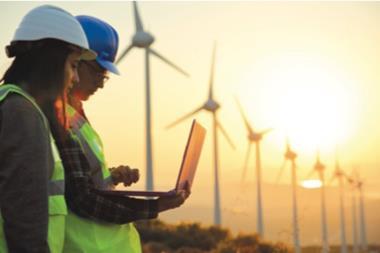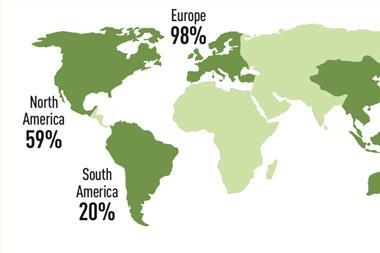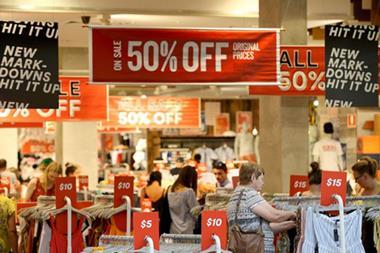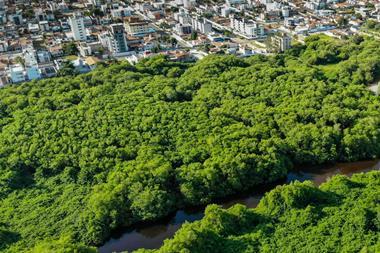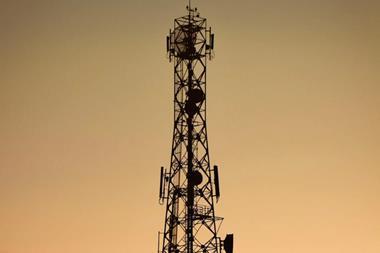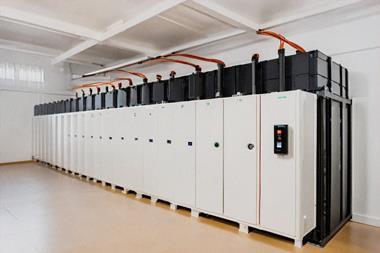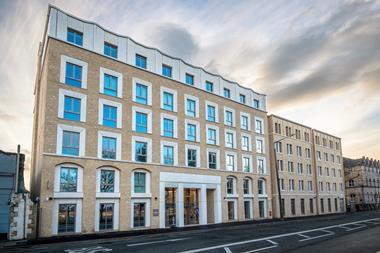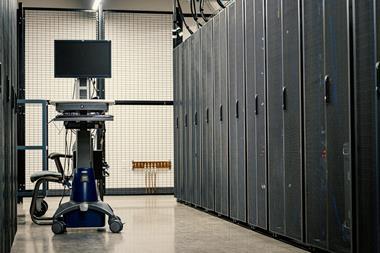Australia’s Future Fund has announced its first direct investment in data centres, having acquired a 24.1% stake in Canberra Data Centre (CDC) for an undisclosed amount.
Raphael Arndt, CIO of the A$168bn (€103bn) sovereign wealth fund, told IPE Real Assets, the acquisition was “the largest direct investment we have made in this space”.
“The business is expanding and investing in new facilities and we’re looking forward to supporting that growth,” he said. The deal was finalised in December.
Arndt said: “We have had exposure to data centres through our listed and private equity portfolios for some years. It’s a space we’ve observed developing, and we have been conducting research for some time.”
In a separate announcement, CDC said the Future Fund had joined the Commonwealth Superannuation Corporation (CSC) as a co-owner of the business, which owns two large data centres.
Three years ago, CSC and Infratil, which is managed by infrastructure manager Morrison & Co, acquired a 96% stake in CDC for A$784m.
Infratil retained 48.2% and CDC now owned 24.1% of the business.
In its 2019 annual report, Infratil listed the investment value of its investment in CDC at A$455.1m.
According to sources, Future Fund’s stake would be worth at least A$250m, based on the book value of Infratil’s stake.
The acquisition comes at a time when the Future Fund, which reported an annual return of 14.3% in 2019, continues to trim its holdings in real assets.
The sovereign wealth fund in 2019 reduced its exposure to real estate and infrastructure but increased its allocation to equities, particularly global equities.
Its allocation to global and Australian equities rose from 29.4% at 31 December 2018 to 36% a year later.
By contrast, allocation to real estate drop from 7.2% to 6.3%, and, similarly, infrastructure was down from 8.5% to 7% in the same period.
Arndt spoke of heightened global risks, naming the Wuhan coronavirus, tensions in the Middle East and global trade issues as having the potential to cause dislocation to the world economy.
“Consistent with what we have been saying for over a year now, we continue to think having flexibility in the portfolio is appropriate, so we are remaining at a neutral level of risk.”
He said the fund had taken steps to lighten some of its private markets exposure, had taken profit, and deployed the capital back into more liquid risk assets.





